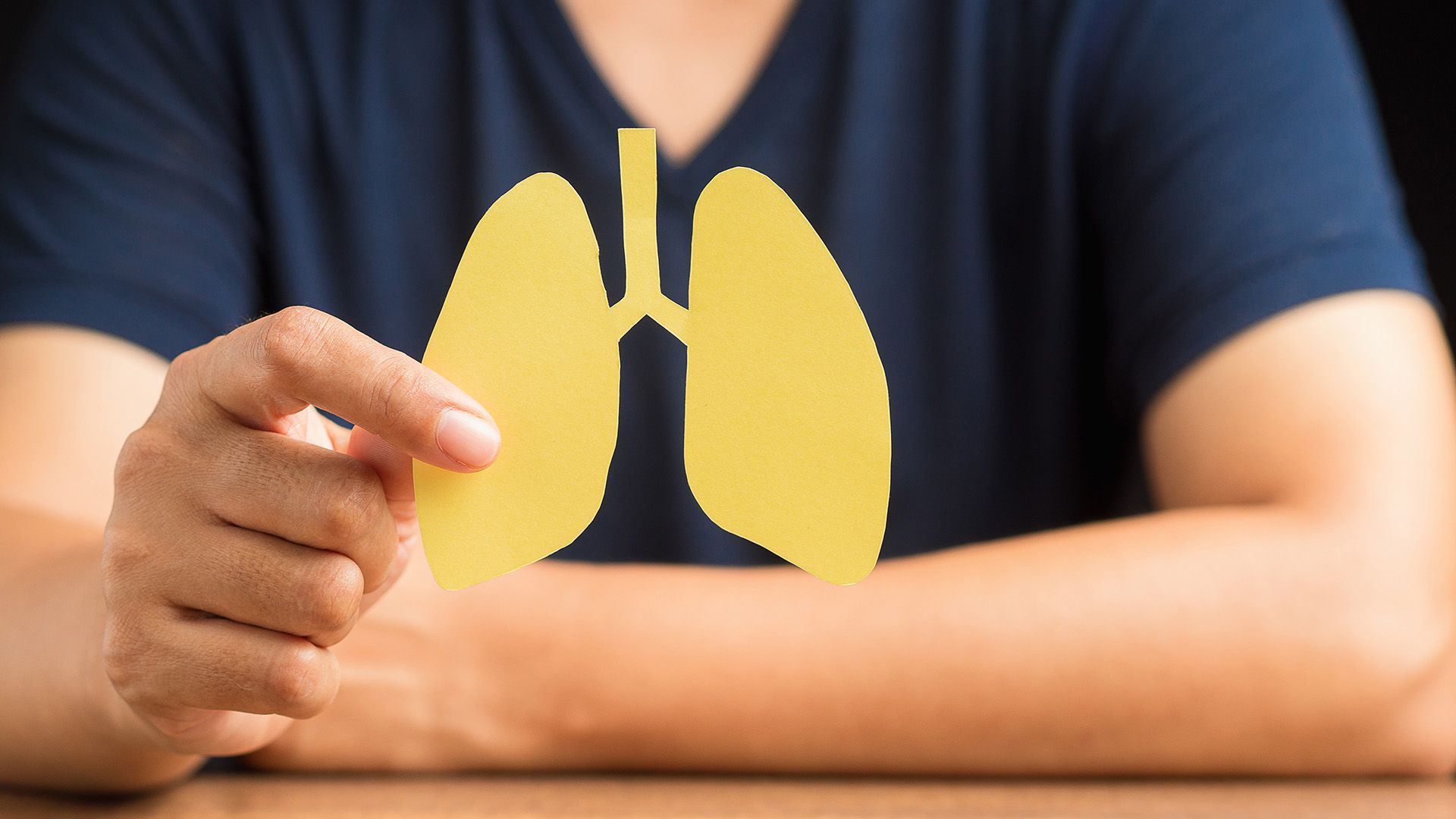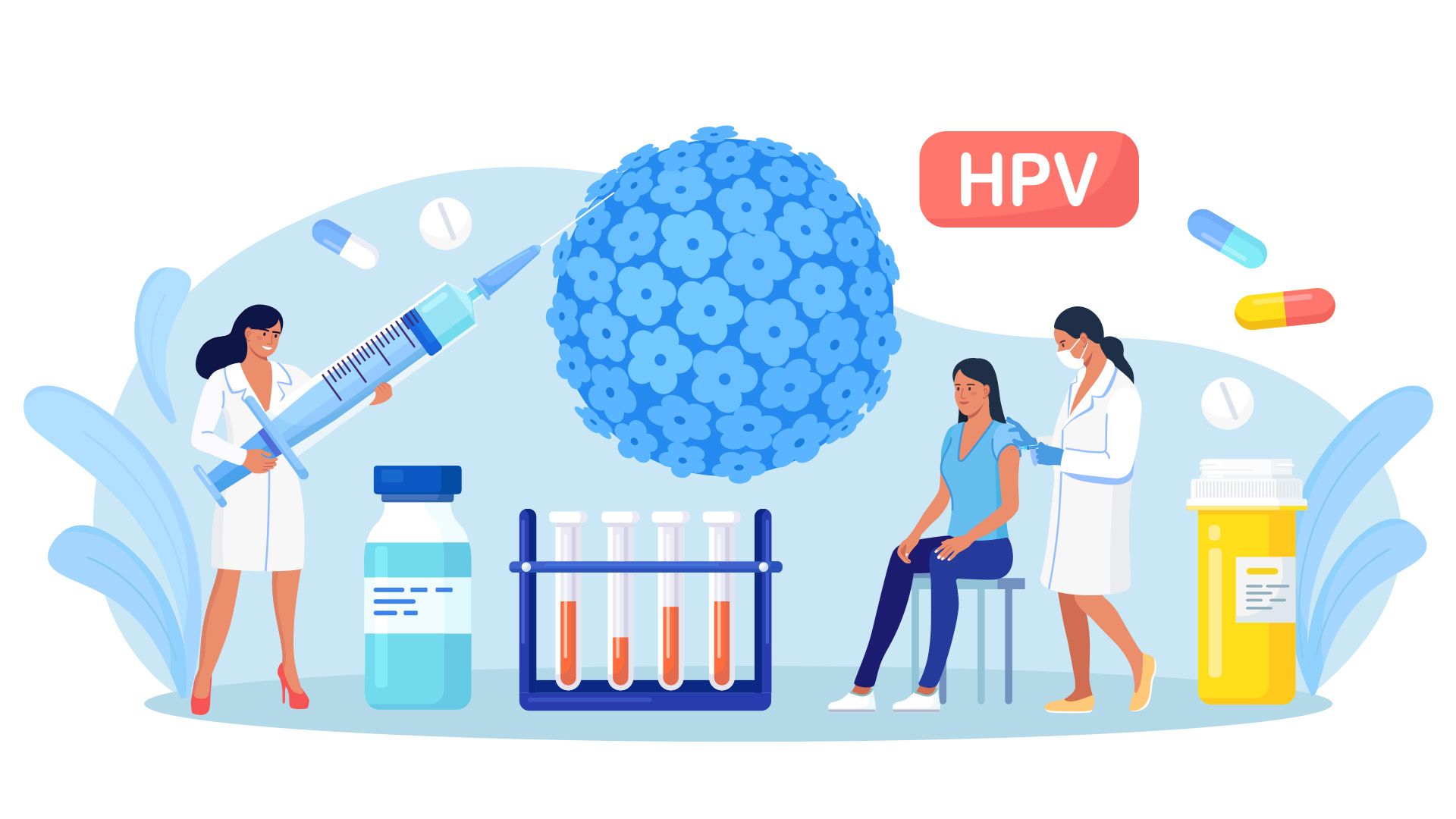Bell ringing ceremony inspires hope
Supported by his partner Stewart, Mr Kacey Padayachee has maintained an inspiring positive attitude throughout his treatment for pancreatic cancer. They are pictured at Mr Padayachee’s bell ringing ceremony at the radiation therapy unit at Netcare Milpark Hospital to mark the final session of his course of radiotherapy.
Defying cancer: The triumph of positivity
When Mr Kacey Padayachee rang the bell at Netcare Milpark Hospital radiation unit to signal the end of his course of radiation therapy, he rang it not only for himself but as a symbol of hope for the many other people at various stages of their own cancer treatment journeys.
“When I was first diagnosed with pancreatic cancer, I cannot describe how daunting it felt, and I had no idea what to expect,” Mr Padayachee says.
Just a year after his diagnosis, the 63-year-old events company director from Johannesburg completed a six-week course of radiation therapy at Netcare Milpark Hospital’s radiation unit as part of his treatment plan in combination with chemotherapy.
“Surgery was not an option for Mr Padayachee’s advanced pancreatic cancer,” says radiation oncologist Dr Dino Chetty, who practises at the radiation unit situated at Netcare Milpark Hospital, as well as Netcare Olivedale and Netcare Unitas Hospitals.
“He underwent a course of chemotherapy to shrink the cancer, then I prescribed a course of technologically advanced radiation therapy combining Intensity modulated radiotherapy [IMRT] and Image guided radiation therapy [IGRT] to help control the cancer and prevent it from causing further pain and jaundice.
“This approach enables us to deliver a higher radiation dose to the cancer with great precision while minimising the dose to healthy tissue. In this way, the risk of side effects of treatment is reduced, both in short- and long-term,” Dr Chetty explains.
When a person completes their course of radiotherapy or chemotherapy at Netcare Milpark Hospital’s radiation or chemotherapy units, it is tradition to ring a bell to celebrate this achievement with people who have supported them, according to Netcare Milpark Hospital radiation therapy unit manager Marianne Menevissis.
“We are fortunate to meet many remarkable people in the radiation therapy unit, and Mr Padayachee is one of those exceptional individuals who always has a smile on his face, and throughout his course of treatment, he has been a beacon of hope,” she says.
“The bell ringing ceremony shines a light not only for the person who has completed their treatment and their loved ones, but it becomes a beacon, inspiring others to conquer their own challenging days,” Menevissis says.
“If I can do it, you can do it,” Mr Padayachee said, encouraging other patients who have yet to finish their courses of treatment.
As per the tradition, Mr Padayachee rang the bell four times, triumphantly exclaiming the values each ring represents: “Hope! Victory! Strength! Recovery!”
Surrounded by patients, Netcare Milpark Cancer Care staff and his partner, Stewart, who supported him throughout, Mr Padayachee stood as an inspiration for all – wearing his characteristic smile as always.
“I did not initially realise the difference the bell ringing ceremony makes to patients. However, I have not seen one person who has not been ecstatic to finish their course of therapy,” Dr Chetty adds.
“The milestone of completing one aspect of treatment gives a person a major psychological boost. Although you may not find it written in textbooks, in my experience, a positive mindset does help a person to remain motivated through their cancer treatment,” he says.
“There are a lot of things one cannot control in life generally, and when it comes to cancer. There is excellent value in shifting your focus to what you can do in any given situation. As Mr Padayachee demonstrated, a positive mindset can make a significant difference.
“It is also important to appreciate the gift of close social support if you are lucky enough to have family and loved ones. Many people draw strength from their faith and previous experiences to get through the difficult times in their cancer journey.”
Netcare Milpark Hospital’s Cancer Care Centre provides a comprehensive range of treatments with a caring and experienced multidisciplinary team equipped with state-of-the-art technology to provide customised treatment, and holistic, supportive care centred around each patient’s specific type and stage of cancer and their unique circumstances and needs.
“I hope that sharing my journey can have even a small positive effect for someone who has had to go through the horror and emotional challenge of a cancer diagnosis,” Mr Padayachee says.
“I am grateful to Dr Chetty, oncologist Dr Z Laher and the caring team at Netcare Milpark Hospital radiation unit, and to my partner and family for their support. We want the world to know that healing and recovery are possible with abundant love, care and a positive outlook.”
“Mr Padayachee faced his diagnosis and treatment with bravery, simply asking ‘What next?’. He’s inspiring to both staff and patients with his attitude of hope and positivity that shines brightly for all to see, and I have no doubt this has helped him in his journey and aided in his recovery,” Menevissis concludes.













